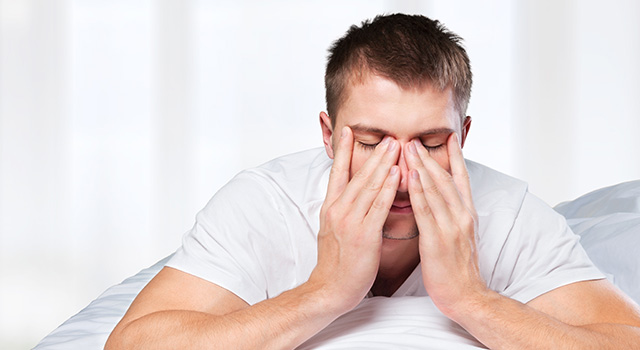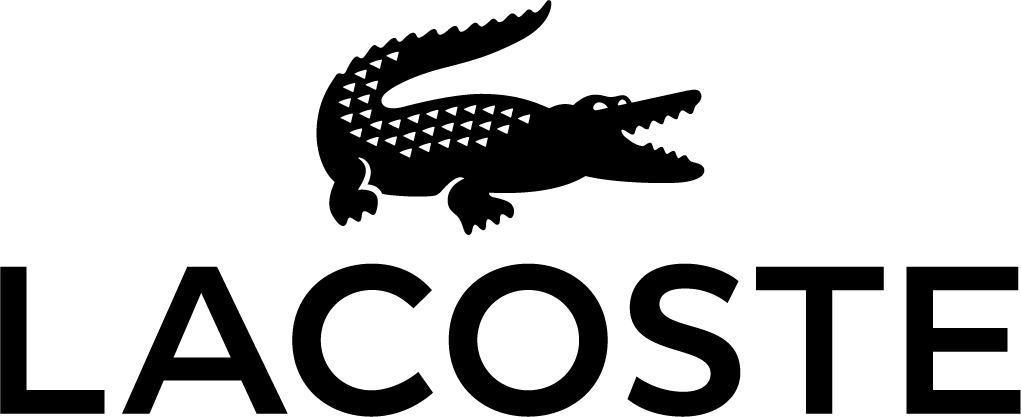
Do you think there is a link between how you sleep and your eyesight?
Are you a snorer? If you wake others and yourself with your nightly noise, there’s a good chance you have obstructive sleep apnea. In addition to making you a terrible roommate, this sleep disorder also robs you of your zzz’s – leading to daytime grogginess and putting you at risk for a long list of health problems. While you may be familiar with many of these problems, (such as memory loss, hypertension, and weight gain), are you aware that it can also raise your risk of glaucoma?
A 2019 article published in The Journal of Glaucoma reported the results of a US-based study that involved more than 6,700 people over 40 years old, and a strong link was found between having glaucoma and sleep problems. Want to learn more? Our eye doctor at Professional VisionCare explains all about glaucoma and the connection to getting enough sleep.
What is glaucoma?
Glaucoma is an ocular disease that involves progressive damage to the optic nerve. When your optic nerve is damaged, you suffer vision loss (which can lead to blindness). Generally, glaucoma is accompanied by increased intraocular pressure. That’s why our Lewis Center, Ohio, eye doctor measures the pressure in your eyeball as a part of your comprehensive eye exam; it is an essential part of glaucoma screening. ‘
What is obstructive sleep apnea (OSA)?
If you have OSA, the muscles in your airway relax as you sleep, which prevents you from breathing normally. Some people with sleep apnea can stop breathing for as long as two minutes! The classic symptoms include snoring loudly, gasping for air as you sleep, dry mouth/sore throat, unexplained sleepiness during the day, and waking up with a headache.
What’s the connection between glaucoma and sleep?
Obstructive sleep apnea can lead to hypoxia, which is a reduction in the oxygen levels in your blood. Over time, these lower levels of oxygen may disrupt the normal blood flow to the optic nerve.
Also, as our Lewis Center, Ohio, eye doctor explains, obstructive sleep apnea also causes blood pressure to fluctuate, which can change the balance between blood pressure and intraocular pressure.
There’s a lot of research going on to explore this topic, and our Lewis Center, Ohio, stays current with the latest advances and news. At present, some studies are having patients wear specialized contact lenses while sleeping. These contacts have detected significant changes in intraocular pressure as the people dozed. As a result, an insufficient amount of oxygen reaches the eye, depriving it of the much-needed nourishment that healthy vision needs and leading to optic nerve damage.
How can you help reduce your risk of glaucoma if you have sleep apnea?
If you are diagnosed with OSA, your physician may recommend therapy with a CPAP machine (continuous positive airway pressure). This device is worn while you sleep, and once the OSA is treated properly – the risk for glaucoma and other serious eye diseases goes down.
Why are eye exams so important for people with sleep apnea?
Based on recent studies, our Lewis Center, Ohio, eye doctor recommends that every patient with OSA visit for regular, comprehensive eye exams. These studies showed that glaucoma patients with obstructive sleep apnea were found to have higher eye pressure levels, more extensive damage to their field of vision, and more thinning of the nerve layer in the retina – when compared to people who do not suffer from OSA. And the earlier your eye doctor detects a change in your eye health and/or increase in your intraocular pressure, the earlier you can benefit from treatment to safeguard your vision.
Bottom line: if you have sleep apnea, be sure to tell your eye doctor and to visit Professional VisionCare regularly for eye exams!































